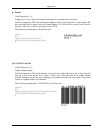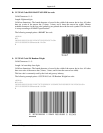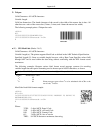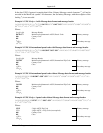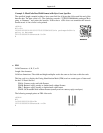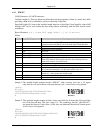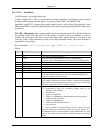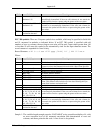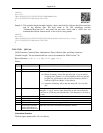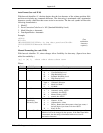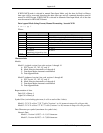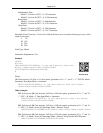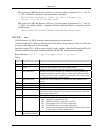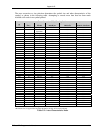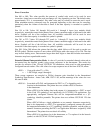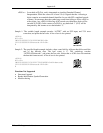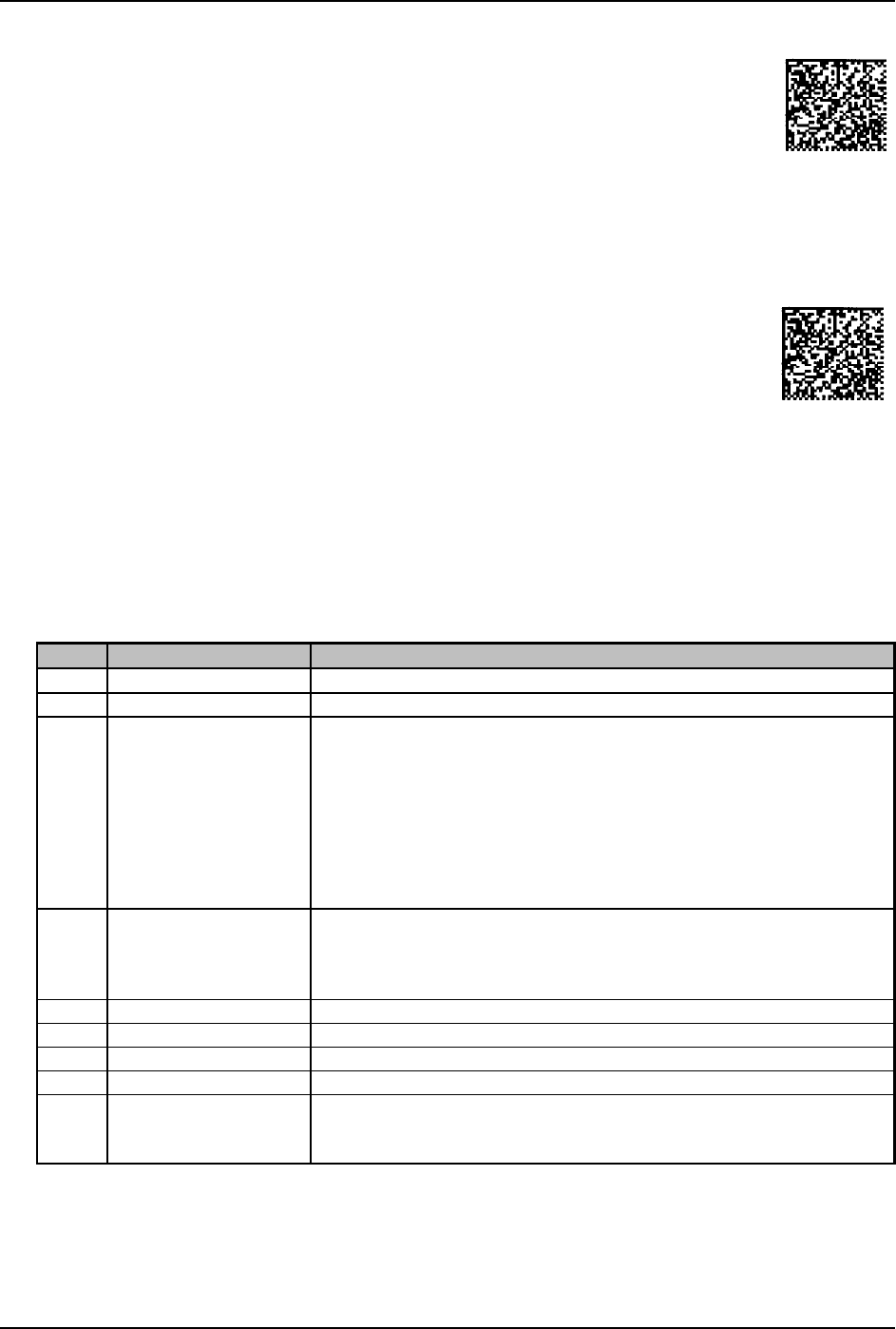
Appendix G
118 E-Class DPL Programmer’s Manual
<STX>L
D11<CR>
1W1c44000010001000800000000DATAMAX<CR>
121100000000100Barcode W1c<CR>
E
Barcode W1c
Sample 2: The specified length example includes a byte count field for all bytes that follow until the
end of the barcode data. The byte count is 29. The symbology encodes
“Datamax<CR>prints best”, and prints the bar code. Notice that a <CR> does not
terminate the barcode format record. A line of text is also printed.
<STX>L
D11<CR>
1W1C440000100010000290800000000Datamax<0x0D>prints best
121100000000100Barcode W1C<CR>
E
Barcode W1C
W1d / W1D: QR Code
Valid Characters: Numeric Data, Alphanumeric Data, 8-bit byte data, and Kanji characters
Variable Length: The two-dimensional bar code (as documented in AIM, Version 7.0).
Record Structure: a W1 b c d eee ffff gggg hh…h
Where:
Field Valid Inputs Meaning
a
1,2,3 and 4 Rotation
W1
W1 Fixed value, extended barcode set
b
Dandd Selects the QR bar code formatting mode, where:
D = Manual formatting. Allows the data string (hh…h) to be entered
according with a comma (,) as a field separator; fields are optional
per QR Code specifications, and the first field indicates Model 1
or Model 2 QR Code (Model 2 is the default).
d = Automatic formatting. Allows the data string (hh…h) to be data
only.
c
1to9andAtoO Module size horizontal multiplier Each cell in the bar code is square,
therefore ‘c’ and ‘d’ must be equal. Depending on the conversion mode
(<STX>n or <STX>m), each unit indicates a cell dimension of .01 inch or
.1 mm.
d
1to9andAtoO Module size vertical multiplier. (See explanation for ‘c’, above.)
eee
000 to 999 No effect; must be numeric
ffff
0000 to 9999 Label position, row
gggg
0000 to 9999 Label position, column (see Appendix J)
hh…h
Valid ASCII character
string, followed by (a)
termination character(s).
QR Code data string (see Generation Structure, below).
Generation Structure
The data input structure (hh…h) is as follows:



